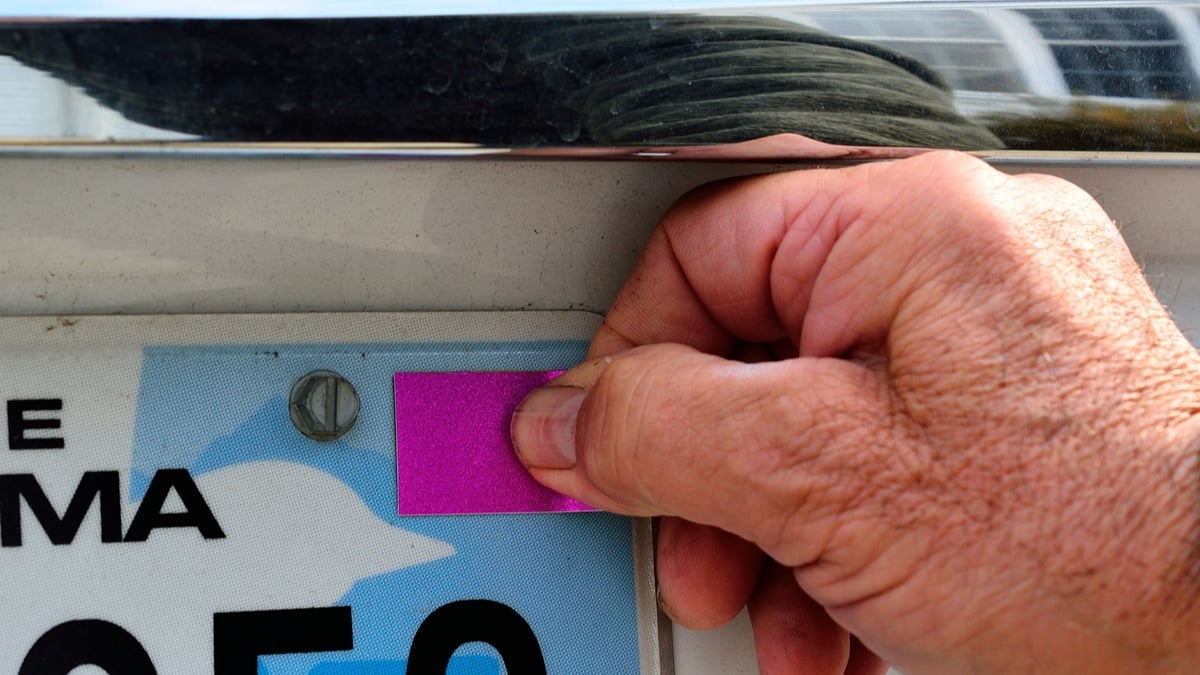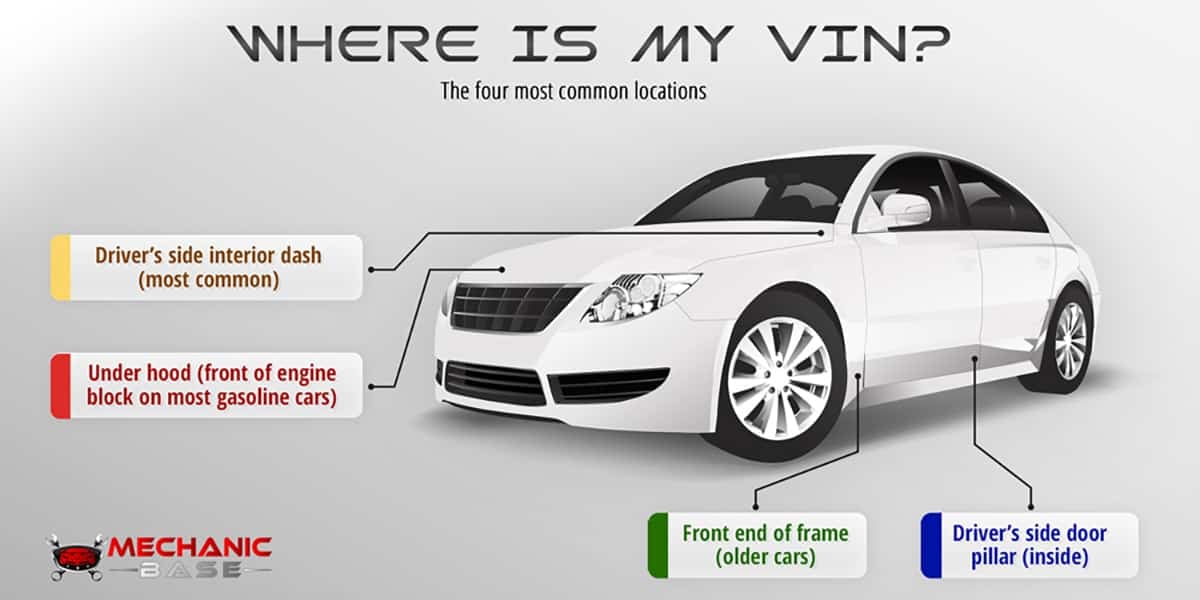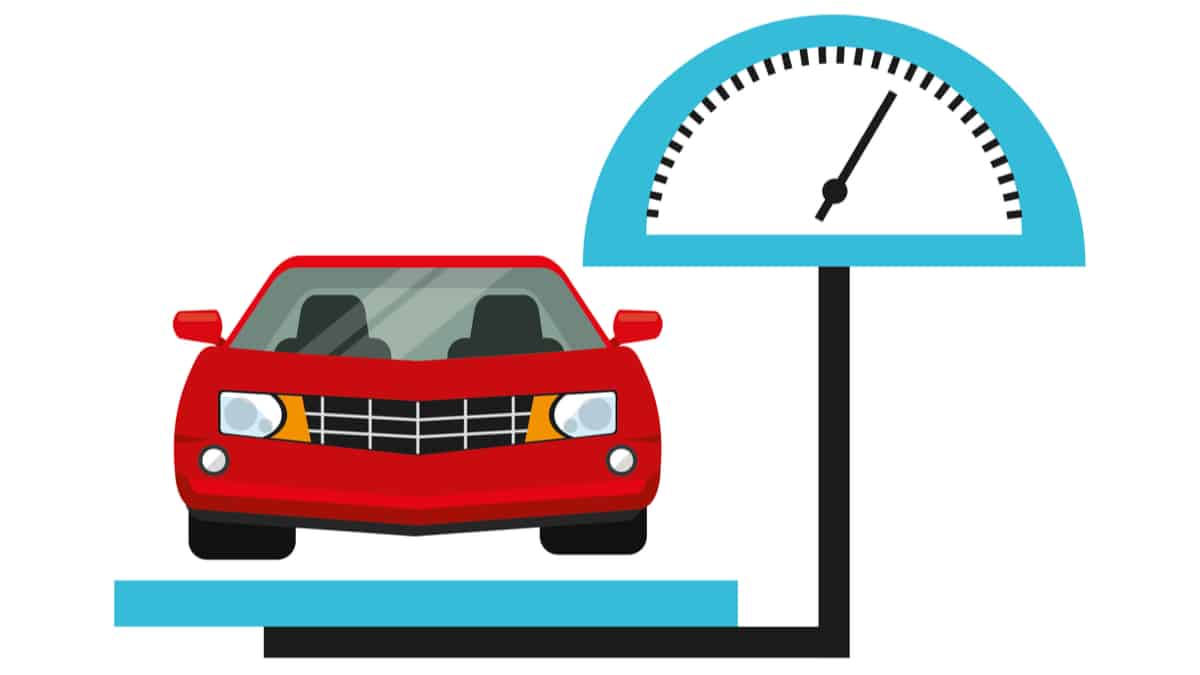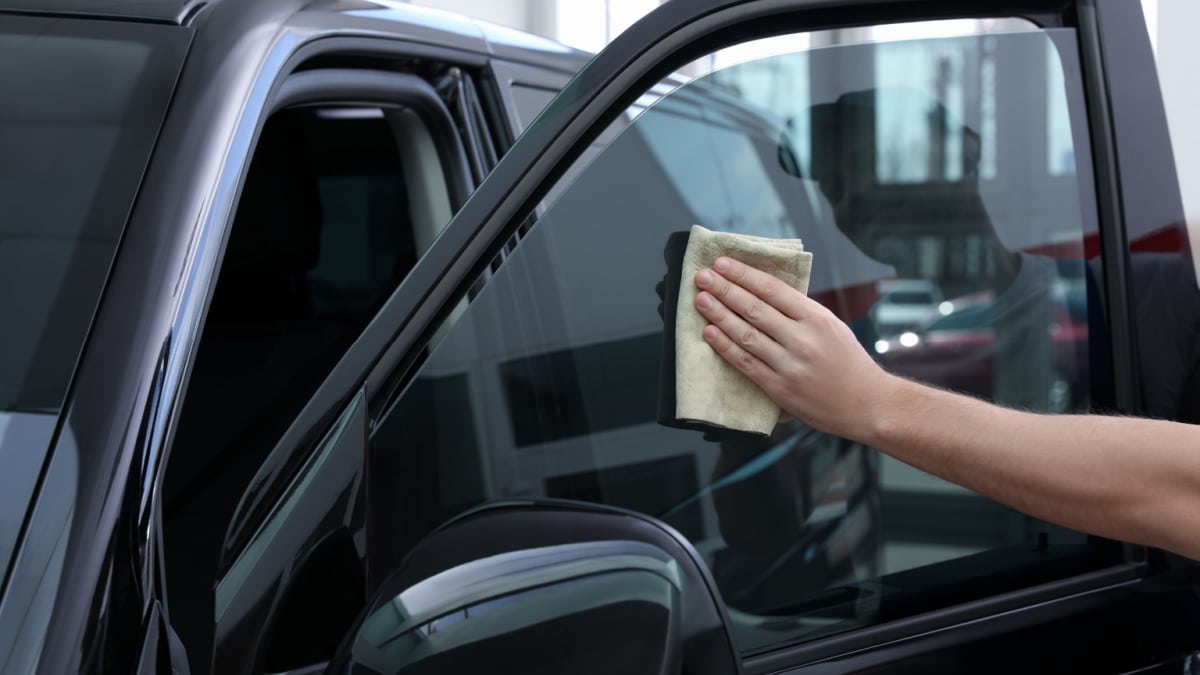It can be a real hassle trading in or selling your car when it’s time for a new one. What makes the process even more complicated is when the registration is expired. Can you trade or sell a car with an expired registration?
In this guide, I look at the legal issues that occur. I also discuss if it’s possible, and how to make the trading or selling process a little easier.
Can You Trade or Sell a Car With Expired Registration?
Yes. You can trade in your vehicle or sell it with an expired registration, but it makes the process more complicated. You will still need to prove that you are owner of the vehicle, which can be done with the title in hand. In some cases, it might be beneficial to register the car before trying to sell it.
Maybe you haven’t registered the car because it’s been sitting in the garage as a collectible or project vehicle. It’s also possible that you stopped driving it because of mechanical issues, so you saw no reason to register or insure it any longer. There are many valid reasons for not having a car registered.
However, the DMV uses the registration to keep track of the car’s location, plate number and VIN. If you haven’t registered it, there’s more difficulty when selling it. You could renew the registration to make everything a little easier. Otherwise, trading it in might be a better option, but you will take less money with this avenue.
RELATED: Where Can You Find the VIN on Your Car?
Car Registration vs. Car Title
The car title is a legal document proving that you own the vehicle. It’s needed to sell or trade in the vehicle. Of all the automotive documents you must protect, this one is the most important. Without it, you are looking at a long process of proving you own the car, which can hold up the sale or trade in.
In comparison, the car registration shows that you have registered it with the state. It doesn’t prove ownership, but it does list your name, the VIN and the address of the vehicle. While it’s important to have a current registration to legally drive the vehicle and to have it inspected, you don’t have to have it when you want to sell or trade in the car.
RELATED: Vehicle Registration Number – What It Is & Where to Find It
How to Trade-in a Car With Expired Registration
1. Evaluate the Car’s Worth
Before you contact any dealerships, you need to know what your car is worth. After all, there are plenty of shady dealerships that will gladly rip you off.
Use a tool, such as KBB, to determine the value of your vehicle. Be honest about the condition to get the most accurate estimate. Plus, you need to look at the trade-in value, which is much lower than retail.
2. Request Offers
There’s no reason to stick with one dealership for an offer. You can put requests in with multiple dealerships and choose the best option.
It will take a few minutes to fill out the request for each dealership. Additionally, you might get contacted by the dealership for follow-up. If you already know where you want to buy your next car, you might choose to go with that dealership and make things easier. However, there are some that will offer you cash on the vehicle, whether you buy through them or not.
3. Clean the Car
Before you take the vehicle for an inspection, it’s best to clean it up. With a little extra time, you can easily boost the value.
A clean car gives the impression of a well-maintained vehicle. Make sure it sparkles and smells nice before you take it to the dealership. You should also remove any personal belongings.
4. Schedule an Appointment
Car dealerships are busy, so you don’t want to show up without an appointment for a trade-in inspection. Otherwise, you could spend a good amount of time waiting behind other customers.
Instead, schedule an appointment. If the car isn’t registered, you must also think about how you are going to get it there. Because it’s not legal to drive, it would be best to have it towed to the dealership.
5. Turn in Paperwork
Once you agree on the trade-in value, it’s time to give the dealership the car. You will want to bring all of the paperwork with you, including the title. Let the dealership know you don’t have it registered, so there are no surprises.
You also want to have all of the keys to turn in. If you know what vehicle you are trading for, you can finalize that paperwork and drive away in your new car.
How to Sell a Car With Expired Registration
1. Research Value
Before you list the car for sale, you will need to know what your vehicle is worth. Otherwise, you don’t know what you can get for it.
Use a tool, such as KBB, to determine the value of your vehicle. Be honest about the condition to get the most accurate estimate. While you will look at the retail value this time, you might want to knock a little off of the price because of the missing registration.
2. List Vehicle for Sale
You should post the vehicle on every local platform you can. Make sure you take high-quality photos of the vehicle after you clean it.
It’s also important that you are honest in the listing about the lack of registration. You don’t want there to be any surprises for potential buyers. Plus, you can’t legally allow anyone to test drive the vehicle because it’s not legal to be on the road.
3. Write Bill of Sale
Once you get a buyer, it’s time to write the bill of sale. You should find a legally-binding document that is used in your state.
The typical bill of sale contains your name and address, plus the buyer’s name and address. It will also show the VIN, the car year, make and model. You will need to list the day of the sale and the purchase price. In some states, it’s necessary to sign the bill of sale in front of witnesses or a notary.
4. Report Sale to DMV
In many states, it is your responsibility to let them know when the vehicle is sold. Even if it’s not, it’s a great practice to get into, releasing you from any liability for the vehicle while someone else is driving it.
There are also a few states where you need to start the transfer of the vehicle. Without a registration, this can be difficult. The state might require you to register it first in your name before it can be transferred. Research your local laws to see what the procedure is.
5. Turn Over Paperwork
Make sure the new buyer has all of the keys and the signed paperwork. Along with the bill of sale, you need to give the new owner the title, with the appropriate boxes signed and dated.
In the process of turning the car over, you may also want to take one more look in the cabin. It’s possible that you overlooked some personal items that should be removed.
Categories: Market
















